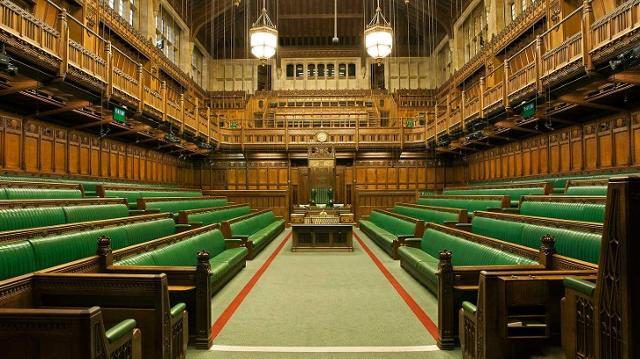
The Queen’s Speech on Tuesday 11 May set out the government’s legislative programme for the next parliamentary term. The speech had a clear emphasis on the recovery of the UK’s health, wellbeing and productivity but it failed to make the clear link between all three.
There were some much needed policies announced in the speech that will come as welcome news to our funded partners who have been supporting their communities with essential services throughout the pandemic. Specifically, the increase in mental health spending, the Procurement Bill and the commitment to raising the National Living Wage and retaining the Universal Credit uplift are all welcome announcements from the Trust.
However, it is disappointing that much of the Queen’s Speech (and the mentioned new Office for Health Promotion) makes little or no reference to the wider, socio-economic determinants of health, which are long-evidenced as the key drivers of health outcomes. There is a clear focus on obesity, tobacco control and drugs which are important but this focus on behaviours does not sufficiently recognise the wider context shaping ill-health and early death. Without investment in some of the drivers of the systems of good health: jobs, sufficient welfare safety net, decent housing, green spaces and the local economy, we cannot expect to build back healthier, fairer or better.
Within the Queen’s Speech, the government reiterated its 27 March announcement of a £500 million one-off investment in mental health, £15 million of which will help ‘level up’ mental health and wellbeing across England through investment in the local community organisations that promote mental health in the most deprived neighbourhoods. This investment of approx. £500k per local authority, although welcome, is woefully insufficient to meet the rising demand we know exists.
In our latest Covid-19 survey , 97% of community workers in organisations we support say that they have seen a decline in the mental health of their residents throughout the pandemic. Shockingly, between 43% - 60% of leaders anticipate the mental health of community leaders/workers to be a serious challenge over the next six months. The government has to get serious about tackling this issue.
,
